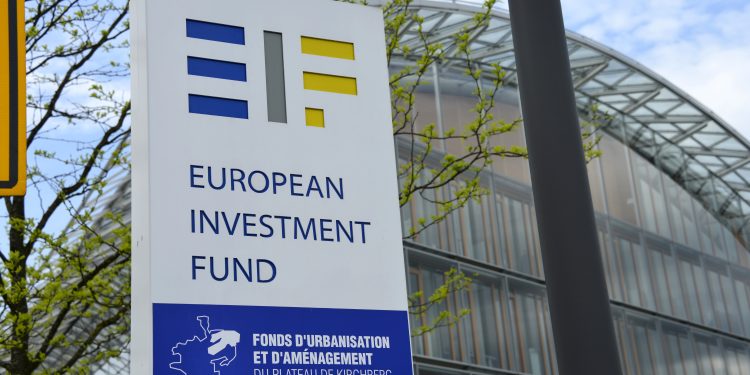In a year marked by cautious spending among many sovereign investors, the Public Investment Fund (PIF) of Saudi Arabia distinguished itself by significantly expanding its investment activities, outpacing its global counterparts.
The PIF, recognized for its aggressive investment strategy, channeled an impressive $31.6 billion into various ventures in 2023, as reported by the research consultancy Global SWF. This not only exceeds the $20.7 billion invested in the previous year but also stands in stark contrast to the global trend, where state-owned investors collectively reduced their investments to $124.7 billion—down by approximately 20% from the year before.
Specifically, Singapore’s GIC Pte saw a 46% reduction in capital deployment, totaling $19.9 billion, which caused it to relinquish its title as the most active sovereign wealth fund, a position it had maintained for six years. Similarly, Temasek Holdings Pte curtailed its new investments by 53%, investing just $6.3 billion amidst volatile market conditions that adversely affected returns.
While GIC’s scaled-back investment was largely in developed markets, both Singaporean state investors remained engaged in emerging markets, as evidenced by transactions such as GIC’s $1.4 billion partnership with Brookfield India REIT and Temasek’s augmented interest in Manipal Health Enterprises.
Singaporean investors are being more cautious and we’ve seen that reflected in the numbers,
observed Global SWF. Gulf sovereign wealth funds have increased their domination of the global transaction activity, to the detriment of Singaporean and Canadian funds, and now represent almost 40 percent of all investment value deployed by sovereign investors.
Notably, sovereign wealth funds from hydrocarbon-affluent nations such as Abu Dhabi, Saudi Arabia, and Qatar claimed five positions in the top 10 most active funds of the last year.
With an eye toward the future, the Institute of International Finance has projected that by the end of 2024, the Gulf Cooperation Council (GCC) countries — United Arab Emirates, Saudi Arabia, Qatar, Kuwait, Oman, and Bahrain — will possess roughly $4.4 trillion in gross foreign assets. Sovereign wealth funds are expected to manage two-thirds of these assets.
The region’s plethora of sovereign funds is increasingly becoming a prominent financier in international transactions, particularly after a spike in energy prices in 2022 augmented the fiscal surpluses of most Gulf governments.
The PIF was at the forefront of the largest sovereign-backed transactions of the year, whether directly or via its subsidiaries. Noteworthy deals include the substantial $5 billion purchase of the American gaming enterprise Scopley through Savvy Games Group, and the $3.6 billion acquisition of Standard Chartered’s aviation leasing business by Avilease.
Domestically, the PIF also played a pivotal role in supporting Saudi Arabia’s economic diversification, guided by a strategic plan from Crown Prince Mohammed Bin Salman, who also chairs the PIF. One such example is the fund’s acquisition of the steel operations from Sabic Basic Industries Corp. for $3.3 billion, a move that propelled domestic investments to approximately 42% of the PIF’s total investments in 2023.
The scope of the deals orchestrated by the PIF underscores the fund’s extensive capabilities and influence, as highlighted by Global SWF in their analysis.


